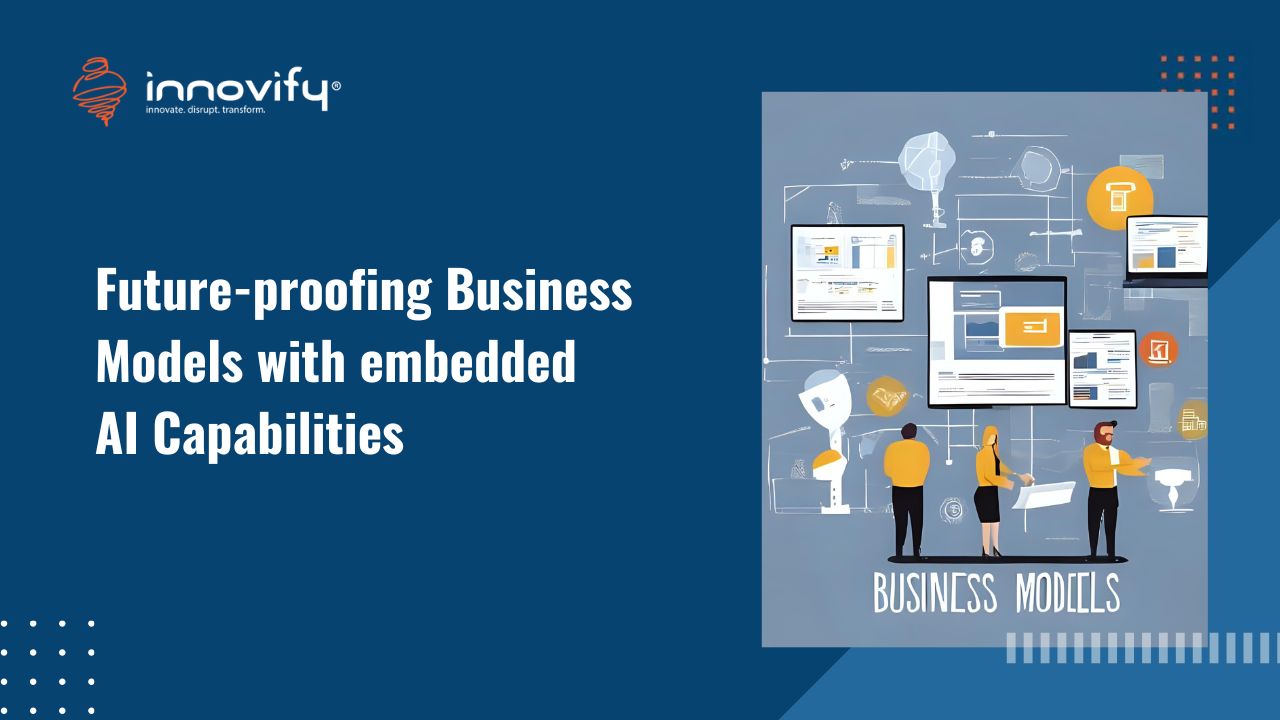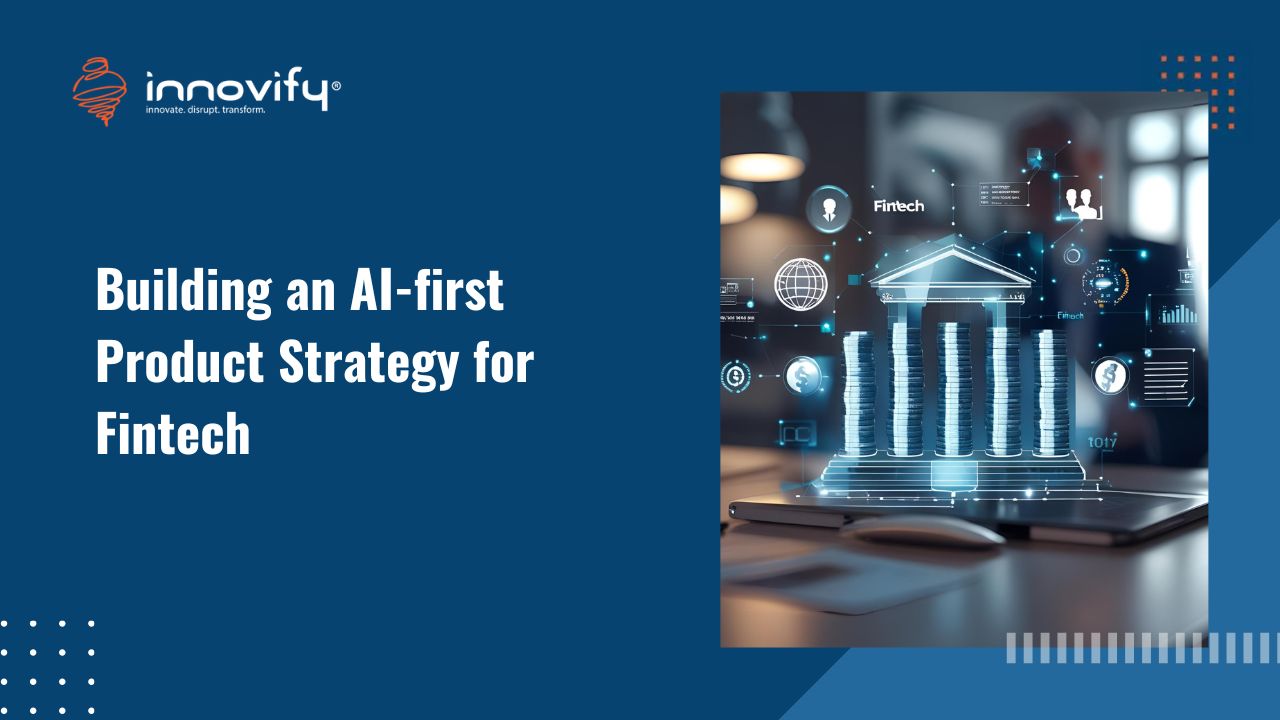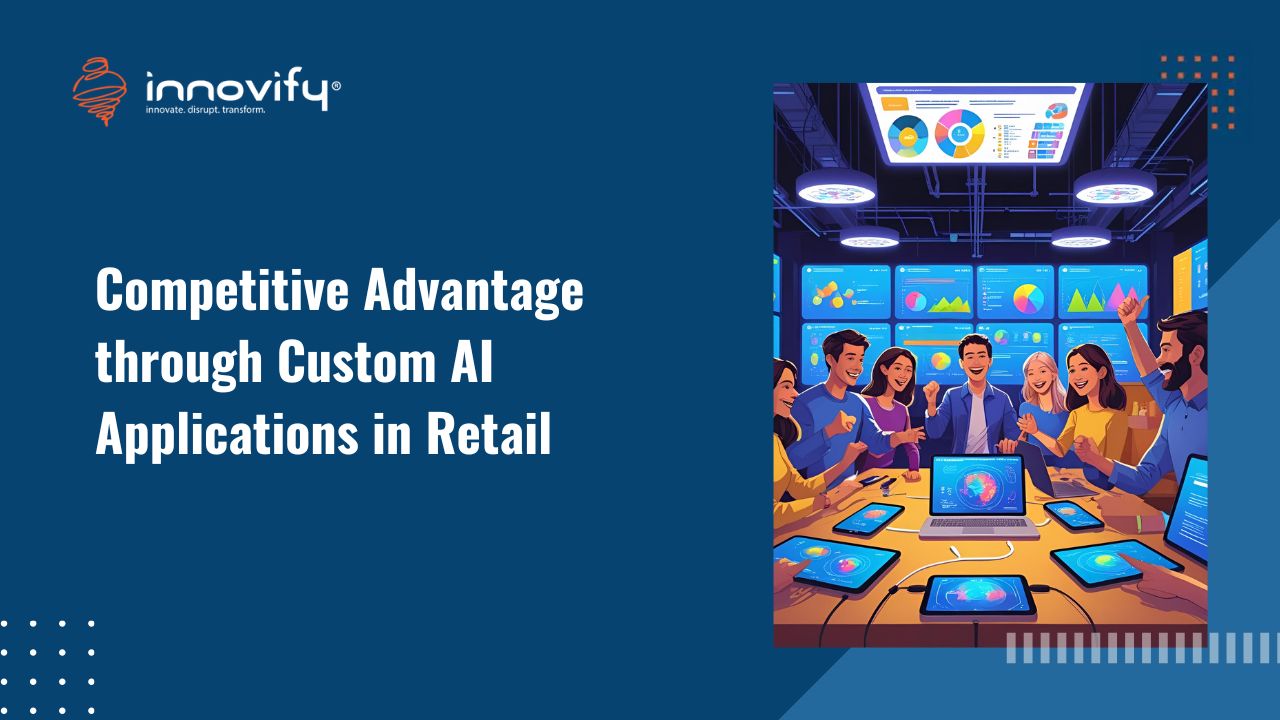AI/ML
5 Ways AI is Disrupting Education : The Future is Here
Education remains one of the biggest verticals to leverage technology and ensuing benefits have helped turn things around for students, educators and parents alike.
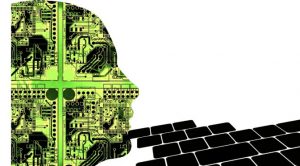
The industry has been leveraging emerging capabilities and innovations in IT to catalyse the transformation of learning environments, teaching methodology and collaboration among educators, students and parents. This is why education and allied industry came to embrace titles such as “CIO” and “IT leader”, which were discussed and seen more in the context of other enterprise businesses and organisations.
This is 2019 and #ArtificalIntelligence is one of the most discussed and sought-after themes in digital initiatives. Almost every sector – be it healthcare, retail, banking & finance, government, manufacturing, automation – is trying to take advantage of rapid advances made in AI.
Why should Education feel left behind?
The good news is that this sector is not going to feel left behind. This sector is witnessing the application of the latest technologies to provide greater engagement, innovative educational experience and never-before-seen capabilities to aid and transform learning and collaboration.
THINKING BEYOND TECHNOLOGY-AIDED INFRASTRUCTURE
Technology leaders and CIOs in education are beginning to think like their counterparts in the enterprise businesses. Education has already embraced web technologies, mobile & smart devices, wireless and cloud and this has largely transformed the education infrastructure.
However, it needs to be noted that education is essentially an information industry. This is why many EdTech CIOs find themselves at a crossroads, feeling the need to align their technology decision with their business goals, which is mostly about turning data into action.
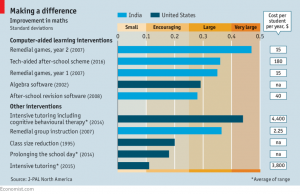
Digital technology is already making an evident difference in driving the quality and influence of imparting education. With Artificial Intelligence (AI), education industry can do a lot more.
The pace of sweeping changes that is driving digital transformation is compelling CIOs of higher education (K-12), schools, universities, and other educational institutions to foresee what’s coming next, manage pitfalls and apply learnings from best practices adopted by their peers or counterparts.
By roping in a reliable development partner, IT leaders and CIOs in education can successfully gain key insights and guidance on leveraging cutting-edge technologies such as Artificial Intelligence.
AI promises to be as impactful and transformative a technology for education as it is for other industries.
AI TRENDS FOR 21ST CENTURY EDUCATION
The application of Artificial Intelligence to education has been debated and researched for several years. AI itself represents a branch of education that combines learnings derived from multiple branches including neuroscience, linguistics, psychology, sociology and more.
Now at its tipping point, AI is being leveraged to promote the development of adaptive learning environments and tech tools that can help deliver more intuitive, personalised, engaging, and effective education.
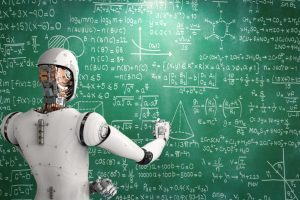
With digital access growing across Europe, advanced technology is becoming more widely embedded in education. As far as Europe is concerned, UK takes the lead, securing 40% of all European investments in EdTech since 2014. (source: UKTECH NEWS)
Let’s look at a few emerging AI trends surfacing in education sector:
1. AI IN ASSESSMENTS
AI-driven assessments enable the delivery of uninterrupted feedback to teachers, students and parents. This facilitates constant monitoring and review about how the pupil learns, needs support and the progress students are making for their learning goals.
This also provides immense help particularly in driving improvements in STEM education (an interdisciplinary approach to science, technology, engineering and mathematics). In the age of data science and big data, with key decision makers focused on making data-driven decisions, having the right information management in place in IT is no longer just a luxury, but rapidly turning into a critical necessity.
The domain of education is no different. But by deploying AI tools to enable and understand assessments, educational institutions can emerge data-driven organisations. They can use insights becoming available from AI solutions to take students’ success to the next level and recognise areas that demand more personalisation.
2. USE OF CHATBOTS
Natural Language Processing (NLP) – enabled conversational AI interfaces or chatbots are now finding a strong use case in education. In addition to automating administrative services such as enrollment, chatbots are also helping students find quick help for several academic and educational queries.
One of the biggest beneficiaries of this application is the online education industry. The use of AI is not only helping drive more enrollments but also adding to students’ learning experience, helping them solve many questions with instantaneous inputs, hence boosting their satisfaction and study motivation.
By harnessing AI-powered chatbots and virtual assistants, education platforms have the opportunity to create a personalised, dynamic and effective learning path for demanding subjects and study courses.
AI is hence becoming an incredible enabler in revolutionising education with sophisticated technology.
3. ONLINE EXAM INVIGILATION AND MONITORING OF REMOTE CLASSROOMS
Technology such as AI should not be limited in its scope to make education more engaging and effective, instead it should be used to make education more inclusive over digital platforms. Universities and schools have already made this possible with distance-learning initiatives.
Using AI as a technology intervention, remote classrooms over the Internet can be made temples of high-quality education.
However, when it comes to conducting distance learning exams, proctoring becomes the most critical element to ensuring authenticity and to track and avoid fraud from a student who tried to cheat. AI-enabled invigilation systems can deliver the required support in this case.
Using proctoring test mechanisms that deploy AI, educators or online classrooms / course providers can ensure the authenticity of the test participant and prevent mischievous students from cheating during the online test.
Such tracking mechanisms can combine feeds from advanced video, image, audio streaming and blend them with AI intelligence to prevent undesired incidents of cheating.
This provides great help in making online education and e-learning more qualitative and transparent, encouraging more students to gain education through remote online classrooms.
4. PERSONALIZED LEARNING WITH ADAPTIVE STUDY PATTERNS
Delivering personalised learning based on the intellect and grasp of each student becomes the true objective of applying advanced technology such as AI in education. Therefore, adaptive learning remains one of the most discussed and explored areas of AI for education.
Using artificial intelligence in schools, it is possible to identify and recognise unique learning patterns of different students; this makes tracking the progress of each individual student more wholesome. This also provides useful feedback in modifying course content and other areas, so that teachers have better data available to help students solve and comprehend difficulties at individual level.
Leveraging this use case, it has become possible to develop smart content, learning analytics tools and intelligent tutoring systems, which deliver significant improvements in personalised teaching process.
4. PERSONALIZED LEARNING WITH ADAPTIVE STUDY PATTERNS
Teachers are required to devote a substantial amount of time grading student homework and tests. AI can come to the rescue and simplify these tasks, taking a tremendous burden off their shoulders. Not only can machine learning be used to grade students fairly, but also suggest recommendations during grading on how to close the gaps in learning.
AI can help automate and simplify tasks like these and teachers from activities that typically occupy a bulk of their time, thus enabling them to invest more time in helping students with counselling and their academic progress.
Application of AI is no longer a hype. Education is fast embracing advances being made in AI and machine learning. As a result, we are observing rise of more startups that want to deliver a big leap of innovation in education technology using the disruptive capabilities of AI.
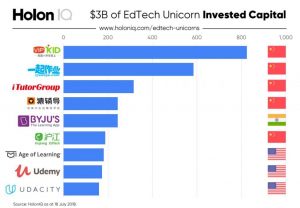
If you have a product or solution idea for digital solutions in education and want to empower it with artificial intelligence (AI) we can help. Forge a reliable technology partnership with us to seamlessly turn your idea into reality.

